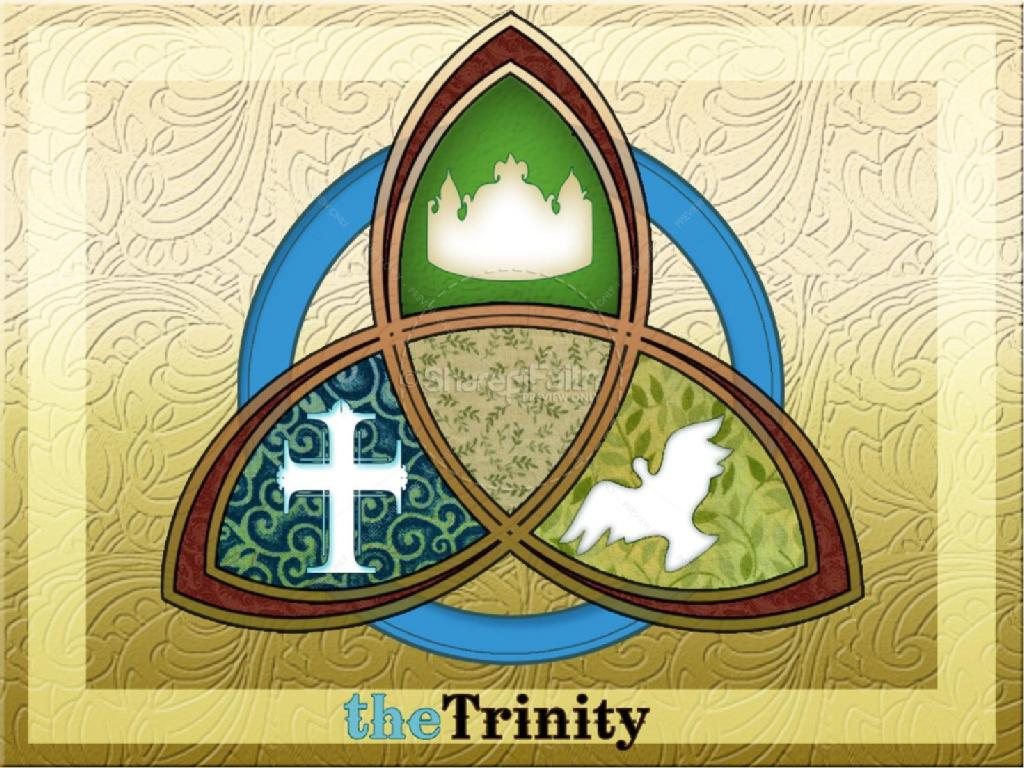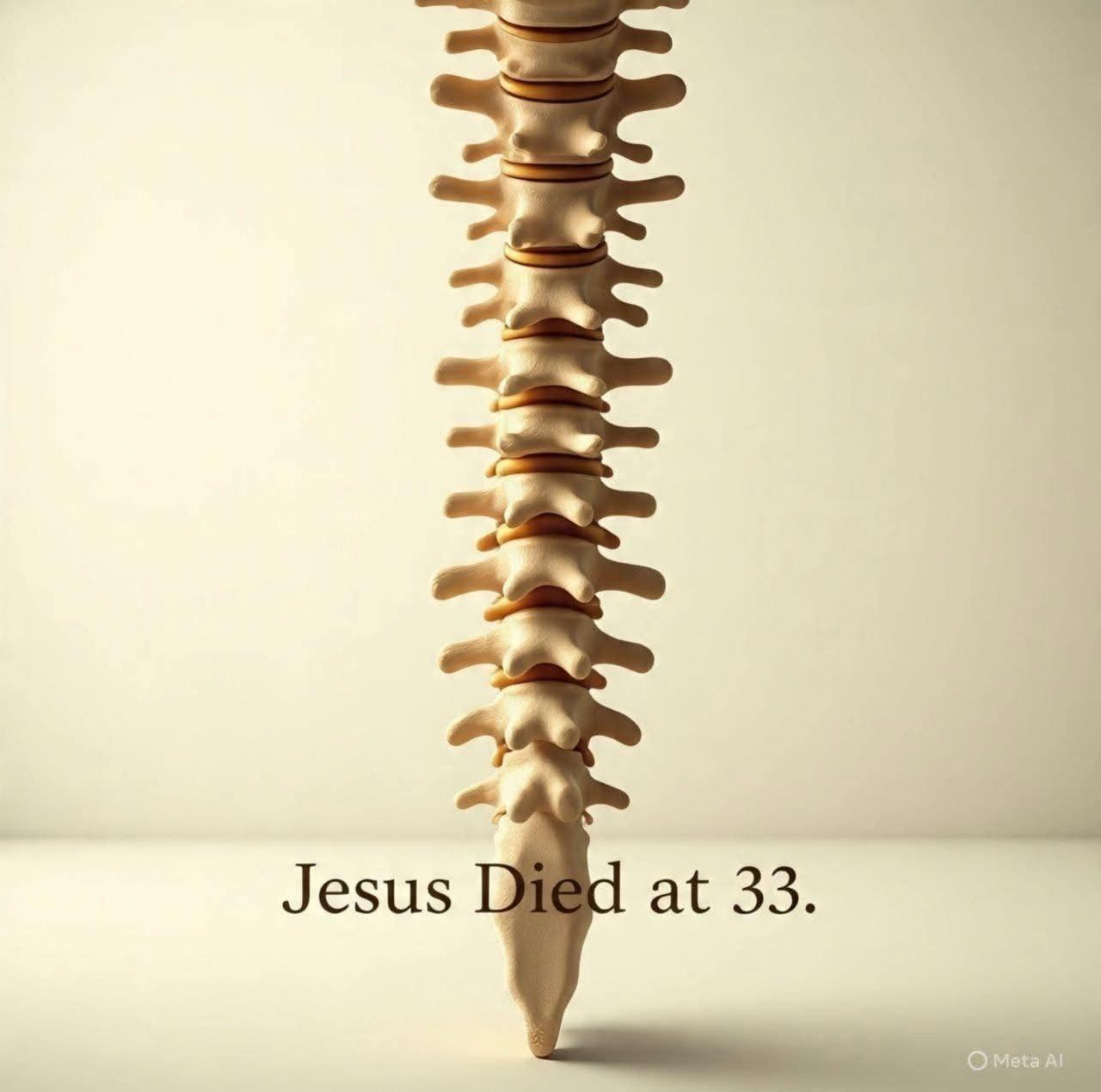Women should be silent?

1 Timothy 2:12 - "I permit no woman to teach or to have authority over a man; she is to keep silent."
Here's an often tricky subject, depending on who you speak to about it.
Before I begin, it should be noted here that these words ("woman" and "man") could also be translated as "wife" and "husband", which then changes the thrust of this command quite drastically.
This verse, and others similar, are often taken by people to mean that it only applies in a church setting (ignoring the fact that we are the Church - 1 Cor 12:27; Rom 12:5). A little while ago when discussing this topic, an argument was put forth about the 'Woman at the Well' preaching to others (men especially) as she, after speaking with Jesus, went back to her town and proclaimed the Gospel to everyone (Jn 4:39-42). Though the opponents argued that she was permitted due to the fact that she was in a town and not a church.
Despite that, the argument about the woman at the well being "permitted" to teach the Gospel, because it was in a town and not a church building, fails because Paul is basing his logic on the Genesis creation order - which would surely apply universally. We can see this in the very next verse and sentence in 1 Tim 2:
For Adam was formed first, then Eve; and Adam was not deceived, but the woman was deceived and became a transgressor.
So if Paul's logic and subsequent command comes from creation-order, then either everyone is subject to it in every situation, or they aren't at all.
You can't say "do it this way because Adam and Eve, God said so" and tag it with "but only here, here and here" if the argument it based on how God originally designed everything to be. The whole marriage debate is also based on a creation-order logic that God 'made them male and female' (Gen 1:27; Mk 10:6), therefore man/man, woman/woman can't marry - and the church is fighting its hardest to make that apply to all people, secular or otherwise - despite Paul saying judging those outside the church is not our business (1 Cor 5:12). So why in the instance of women being silent, should this same creation-order command from Paul be only situational and the other not?
Leaving aside the silence issue for a moment, those women out there who do keep to this non-authority, staying quiet thing - do you follow the preceding verse as strictly?
...also that the women should dress themselves modestly and decently in suitable clothing, not with their hair braided, or with gold, pearls, or expensive clothes... (v.9)
Do you men who follow the silence of women strictly, also follow this? How many of you make sure your wives don't have a new hairstyle, or wear jewellery or buy nice clothes? Are any women reading this wearing jewelry? Or have their hair styled? Or are wearing expensive designer clothes Surely you should cast all your personal ornaments and fancy clothes away lest you break Paul's command about modesty! Men you should stop your wives, and any woman in the church you may lead, from wearing jewellery, or doing their hair in nice styles - and you better make sure they only buy drab, second-hand clothes from charity shops so as not to fall into the trap of getting immodest, expensive clothing!
But now lets look at 1 Corinthians 14:33-35, where Paul issues a similar command, yet this time it's translated as "husbands" and "wives" rather than generic men/women:
As in all the churches of the saints, women should be silent in the churches. For they are not permitted to speak, but should be subordinate, as the law also says. If there is anything they desire to know, let them ask their husbands at home. For it is shameful for a woman to speak in church.
OK, so, same line of thinking here from Paul it would appear. But before you say "but this is a different situation!" - see how he begins: "As in all the churches of the saints" - ALL the churches. It would seem that this is speaking of the same type of situation as in 1 Timothy, yet this time it's only directed at the married (which the 1 Tim verse could also be, due to the Greek words).
First thing though - "as the law also says": what law? Where is this in the Torah? Even if it is, why is Paul suddenly enforcing the Law when his other letters take so much time to explain our freedom from it (cf. Gal 3:1-14; Gal 5:1-15)?
Cultural and historical explanations of this aside - and common explanations such as men and women sitting separately in Jewish synagogues which then followed through to the early church, (and women/wives then trying to shout across to their husbands causing havoc and Paul calling for order, not submission) - if some men and women, and some denominations in general, are taking Paul so literally on these points, do they sit in silence? And I mean TOTAL silence? Do the wives wait to get home to talk to their husbands about the service? Because remember, it's shameful otherwise (though, interestingly, not a sin per se).
What if you're not married? Do single women just have to go with their questions unanswered? Why is this passage only directed at the married, whereas the other one isn't?
What if 1 Timothy 2:12 was translated with the same marriage logic as 1 Corinthians 14:
I permit no wife to teach or to have authority over her husband; she is to keep silent.
Where does the argument against women leaders go then? She could lead a church as long as her husband isn't present?
Do you think that maybe there's a little more going on in the background to Paul's commands here that we miss due to the time distance since its writing, and the way societies have changed, making these commands say something different now in the 21st century than they would have ever been intended in the 1st century?
Just some thoughts to ponder on. You've got to try and follow the logic of the texts, rather than pulling isolated verses out of various letters to make a point or doctrine.
Leave a comment Like Back to Top Seen 819 times Liked 0 times
Enjoying this content?
Support my work by becoming a patron on Patreon!
By joining, you help fund the time, research, and effort that goes into creating this content — and you’ll also get access to exclusive perks and updates.
Even a small amount per month makes a real difference. Thank you for your support!
Subscribe to Updates
If you enjoyed this, why not subscribe to free email updates and join over 864 subscribers today!
My new book is out now! Order today wherever you get books
Recent Posts
Luke J. Wilson | 19th August 2025 | Fact-Checking
A poetic post has been circulating widely on Facebook, suggesting that our anatomy mirrors various aspects of Scripture. On the surface it sounds inspiring, but when we take time to weigh its claims, two main problems emerge. The viral post circulating on Facebook [Source] First, some of its imagery unintentionally undermines the pre-existence of Christ, as if Jesus only “held the earth together” for the 33 years of His earthly life. Second, it risks reducing the resurrection to something like biological regeneration, as if Jesus simply restarted after three days, instead of being raised in the miraculous power of God. Alongside these theological dangers, many of the scientific claims are overstated or symbolic rather than factual. Let’s go through them one by one. 1. “Jesus died at 33. The human spine has 33 vertebrae. The same structure that holds us up is the same number of years He held this Earth.” The human spine does generally have 33 vertebrae, but that number includes fused bones (the sacrum and coccyx), and not everyone has the same count. Some people have 32 or 34. More importantly, the Bible never says Jesus was exactly 33 when He died — Luke tells us He began His ministry at “about thirty” (Luke 3:23), and we know His public ministry lasted a few years, but His precise age at death is a tradition, not a biblical statement. See my other recent article examining the age of Jesus here. Theologically, the phrase “the same number of years He held this Earth” is problematic. Jesus did not hold the world together only for 33 years. The eternal Word was with God in the beginning (John 1:1–3), and “in Him all things hold together” (Colossians 1:17). Hebrews says He “sustains all things by His powerful word” (Hebrews 1:3). He has always upheld creation, before His incarnation, during His earthly ministry, and after His resurrection. To imply otherwise is to risk undermining the pre-existence of Christ. 2. “We have 12 ribs on each side. 12 disciples. 12 tribes of Israel. God built His design into our bones.” Most people do have 12 pairs of ribs, though some are born with an extra rib, or fewer. The number 12 is certainly biblical: the 12 tribes of Israel (Genesis 49), the 12 apostles (Matthew 10:1–4), and the 12 gates and foundations of the New Jerusalem (Revelation 21). But there’s no biblical connection between rib count and these symbolic twelves. This is a case of poetic association, not design woven into our bones. The only real mention of ribs in Scripture is when Eve is created from one of Adam’s ribs in Genesis 2:21–22, which has often led to the teaching in some churches that men have one less rib than women (contradicting this new claim)! 3. “The vagus nerve runs from your brain to your heart and gut. It calms storms inside the body. It looks just like a cross.” The vagus nerve is real and remarkable. It regulates heart rate, digestion, and helps calm stress, and doctors are even using vagus nerve stimulation as therapy for epilepsy, depression, and inflammation showing it really does “calm storms” in the body. But it does not look like a cross anatomically. The language about “calming storms” may echo the way Jesus calmed the storm on the Sea of Galilee (Mark 4:39), but here again the poetic flourish stretches science (and Scripture) beyond what’s accurate. 4. “Jesus rose on the third day. Science tells us that when you fast for 3 days, your body starts regenerating. Old cells die. New ones are born. Healing begins. Your body literally resurrects itself.” There’s a serious theological problem here. To equate Jesus’ resurrection with a biological “regeneration” after fasting is to misrepresent what actually happened. Fasting can indeed trigger cell renewal and immune repair, but it cannot bring the dead back to life. It’s still a natural process that happens...
Luke J. Wilson | 08th July 2025 | Islam
“We all worship the same God”. Table of Contents 1) Where YHWH and Allah Appear Similar 2) Where Allah’s Character Contradicts YHWH’s Goodness 3) Where Their Revelations Directly Contradict Each Other 4) YHWH’s Love for the Nations vs. Allah’s Commands to Subjugate 5) Can God Be Seen? What the Bible and Qur’an Say 6) Salvation by Grace vs. Salvation by Works Conclusion: Same God? Or Different Revelations? You’ve heard it from politicians, celebrities, and even some pastors. It’s become something of a modern mantra, trying to shoehorn acceptance of other beliefs and blend all religions into one, especially the Abrahamic ones. But what if the Bible and Qur’an tell different stories? Let’s see what their own words reveal so you can judge for yourself. This Tweet recently caused a stir on social media 1) Where YHWH and Allah Appear Similar Many point out that Jews, Christians, and Muslims share a belief in one eternal Creator God. That’s true — up to a point. Both the Bible and Qur’an describe God as powerful, all-knowing, merciful, and more. Here’s a list comparing some of the common shared attributes between YHWH and Allah, with direct citations from both Scriptures: 26 Shared Attributes of YHWH and Allah According to the Bible (NRSV) and the Qur’an Eternal YHWH: “From everlasting to everlasting you are God.” — Psalm 90:2 Allah: “He is the First and the Last…” — Surah 57:3 Creator YHWH: “In the beginning God created the heavens and the earth.” — Genesis 1:1 Allah: “The Originator of the heavens and the earth…” — Surah 2:117 Omnipotent (All-Powerful) YHWH: “Nothing is too hard for you.” — Jeremiah 32:17 Allah: “Allah is over all things competent.” — Surah 2:20 Omniscient (All-Knowing) YHWH: “Even before a word is on my tongue, O LORD, you know it.” — Psalm 139:4 Allah: “He knows what is on the land and in the sea…” — Surah 6:59 Omnipresent (Present Everywhere) YHWH: “Where can I go from your Spirit?” — Psalm 139:7–10 Allah: “He is with you wherever you are.” — Surah 57:4 Holy YHWH: “Holy, holy, holy is the LORD of hosts.” — Isaiah 6:3 Allah: “The Holy One (Al-Quddus).” — Surah 59:23 Just YHWH: “A God of faithfulness and without injustice.” — Deuteronomy 32:4 Allah: “Is not Allah the most just of judges?” — Surah 95:8 Merciful YHWH: “The LORD, merciful and gracious…” — Exodus 34:6 Allah: “The Most Gracious, the Most Merciful.” — Surah 1:1 Compassionate YHWH: “As a father has compassion on his children…” — Psalm 103:13 Allah: “He is the Forgiving, the Affectionate.” — Surah 85:14 Faithful YHWH: “Great is your faithfulness.” — Lamentations 3:22–23 Allah: “Indeed, the promise of Allah is truth.” — Surah 30:60 Unchanging YHWH: “For I the LORD do not change.” — Malachi 3:6 Allah: “None can change His words.” — Surah 6:115 Sovereign YHWH: “The LORD has established his throne in the heavens…” — Psalm 103:19 Allah: “Blessed is He in whose hand is dominion…” — Surah 67:1 Loving YHWH: “God is love.” — 1 John 4:8 Allah: “Indeed, my Lord is Merciful and Affectionate (Al-Wadud).” — Surah 11:90 Forgiving YHWH: “I will not remember your sins.” — Isaiah 43:25 Allah: “Allah forgives all sins…” — Surah 39:53 Wrathful toward evil YHWH: “The LORD is a jealous and avenging God…” — Nahum 1:2 Allah: “For them is a severe punishment.” — Surah 3:4 One/Unique YHWH: “The LORD is one.” — Deuteronomy 6:4 Allah: “Say: He is Allah, One.” — Surah 112:1 Jealous of worship YHWH: “I the LORD your God am a jealous God.” �...
Luke J. Wilson | 05th June 2025 | Blogging
As we commemorated the 500th anniversary of the Protestant Reformation this year, the familiar image of Martin Luther striding up to the church door in Wittenberg — hammer in hand and fire in his eyes — has once again taken centre stage. It’s a compelling picture, etched into the imagination of many. But as is often the case with historical legends, closer scrutiny tells a far more nuanced and thought-provoking story. The Myth of the Door: Was the Hammer Ever Raised? Cambridge Reformation scholar Richard Rex is one among several historians who have challenged the romanticised narrative. “Strangely,” he observes, “there’s almost no solid evidence that Luther actually went and nailed them to the church door that day, and ample reasons to doubt that he did.” Indeed, the first image of Luther hammering up his 95 Theses doesn’t appear until 1697 — over 180 years after the fact. Eric Metaxas, in his recent biography of Luther, echoes Rex’s scepticism. The earliest confirmed action we can confidently attribute to Luther on 31 October 1517 is not an act of public defiance, but the posting of two private letters to bishops. The famous hammer-blow may never have sounded at all. Conflicting Accounts Philip Melanchthon, Luther’s successor and first biographer, adds another layer of complexity. He claimed Luther “publicly affixed” the Theses to the door of All Saints’ Church, but Melanchthon wasn’t even in Wittenberg at the time. Moreover, Luther himself never mentioned posting the Theses publicly, even when recalling the events years later. Instead, he consistently spoke of writing to the bishops, hoping the matter could be addressed internally. At the time, it was common practice for a university disputation to be announced by posting theses on church doors using printed placards. But no Wittenberg-printed copies of the 95 Theses survive. And while university statutes did require notices to be posted on all church doors in the city, Melanchthon refers only to the Castle Church. It’s plausible Luther may have posted the Theses later, perhaps in mid-November — but even that remains uncertain. What we do know is that the Theses were quickly circulated among Wittenberg’s academic elite and, from there, spread throughout the Holy Roman Empire at a remarkable pace. The Real Spark: Ink, Not Iron If there was a true catalyst for the Reformation, it wasn’t a hammer but a printing press. Luther’s Latin theses were swiftly reproduced as pamphlets in Basel, Leipzig, and Nuremberg. Hundreds of copies were printed before the year’s end, and a German translation soon followed, though it may never have been formally published. Within two weeks, Luther’s arguments were being discussed across Germany. The machinery of mass communication — still in its relative infancy — played a pivotal role in what became a theological, political, and social upheaval. The Letters of a Conscientious Pastor Far from the bold revolutionary of popular imagination, Luther appears in 1517 as a pastor deeply troubled by the abuse of indulgences, writing with respectful concern to those in authority. In his letter to Archbishop Albrecht of Mainz, he humbly addresses the archbishop as “Most Illustrious Prince,” and refers to himself as “the dregs of humanity.” “I, the dregs of humanity, have so much boldness that I have dared to think of a letter to the height of your Sublimity,” he writes — hardly the voice of a man trying to pick a fight. From Whisper to Roar Luther’s initial appeal through formal channels was, predictably, ignored. He was advised not to make trouble. But as opposition mounted and corruption remained unchecked, the once quiet reformer grew louder. His theological convictions deepened, and his public persona evolved. The lion did eventually roar — but not on October 31. A Catholic Reformer, Not a Protestant Founder It’s vital to remem...
Luke J. Wilson | 20th May 2025 | Islam
You are not alone. Around the world, many Muslims — people who already believe in one God, pray, and seek to live righteously — are drawn to know more about Jesus (ʿĪsā in Arabic). Some have heard He is more than a prophet. Some have sensed His presence in a dream or vision. And some simply long to know God more deeply, personally, and truly. So what does it mean to become a Christian? And how can you take that step? This guide is for you. 1. What Christians Believe About God and Jesus ➤ One God, Eternal and Good Christians believe in one God — the same Creator known to Abraham, Moses, and the prophets. But we also believe God is more personal and relational than many realise. In His love, He has revealed Himself as Father, Son (Jesus), and Holy Spirit — not three gods, but one God in three persons. ➤ Jesus Is More Than a Prophet Muslims honour Jesus as a great prophet, born of the virgin Mary. Christians also affirm this — but go further. The Bible teaches that Jesus is the Word of God (Kalimat Allāh), who became flesh to live among us. He performed miracles, healed the sick, raised the dead — and lived without sin.Jesus came not just to teach but to save — to bring us back to God by bearing our sins and rising again in victory over death. 2. Why Do We Need Saving? ➤ The Problem: Sin All people — no matter their religion — struggle with sin. We lie, get angry, feel jealous, act selfishly, or fail to love God fully. The Bible says: “All have sinned and fall short of the glory of God.” (Romans 3:23) Sin separates us from God. And no matter how many good deeds we do, we can never make ourselves perfect or holy before Him. ➤ The Solution: Jesus Because God loves us, He did not leave us in our sin. He sent Jesus, His eternal Word, to live as one of us. Jesus died willingly, offering His life as a sacrifice for our sins, then rose again on the third day. “But God proves his love for us in that while we still were sinners Christ died for us.” (Romans 5:8) 3. How Do I Become a Christian? Becoming a Christian is not about joining a Western religion. It’s about entering a relationship with God through faith in Jesus Christ. Here is what the Bible says: ✝️ 1. Believe in Jesus Believe that Jesus is the Son of God, that He died for your sins, and that He rose again. “If you confess with your lips that Jesus is Lord and believe in your heart that God raised him from the dead, you will be saved.” (Romans 10:9) 💔 2. Repent of Your Sins Turn away from sin and ask God to forgive you. This is called repentance. It means being truly sorry and choosing a new way. “Repent therefore, and turn to God so that your sins may be wiped out.” (Acts 3:19) 💧 3. Be Baptised Jesus commands His followers to be baptised in water as a sign of their new life. Baptism represents washing away your old life and rising into a new one with Jesus. “Repent and be baptised every one of you in the name of Jesus Christ so that your sins may be forgiven.” (Acts 2:38) 🕊️ 4. Receive the Holy Spirit When you believe in Jesus, God gives you the Holy Spirit to live within you, guiding you, comforting you, and helping you follow His will. “You received the Spirit of adoption, by whom we cry, ‘Abba! Father!’” (Romans 8:15) 🧎 5. Begin a New Life As a Christian, you are born again — spiritually renewed. You begin to grow in faith, love, and holiness. You read the Bible, pray, fast, and gather with other believers. Your life is no longer your own; you now live for God. 4. What Does a Christian Life Look Like? Jesus said: “If anyone wants to become my followers, let them deny themselves and take up their cross and follow me.” (Matthew 16:24) This means: Loving God with all your heart Loving your neighbour — even your enemies Forgiving others ...










